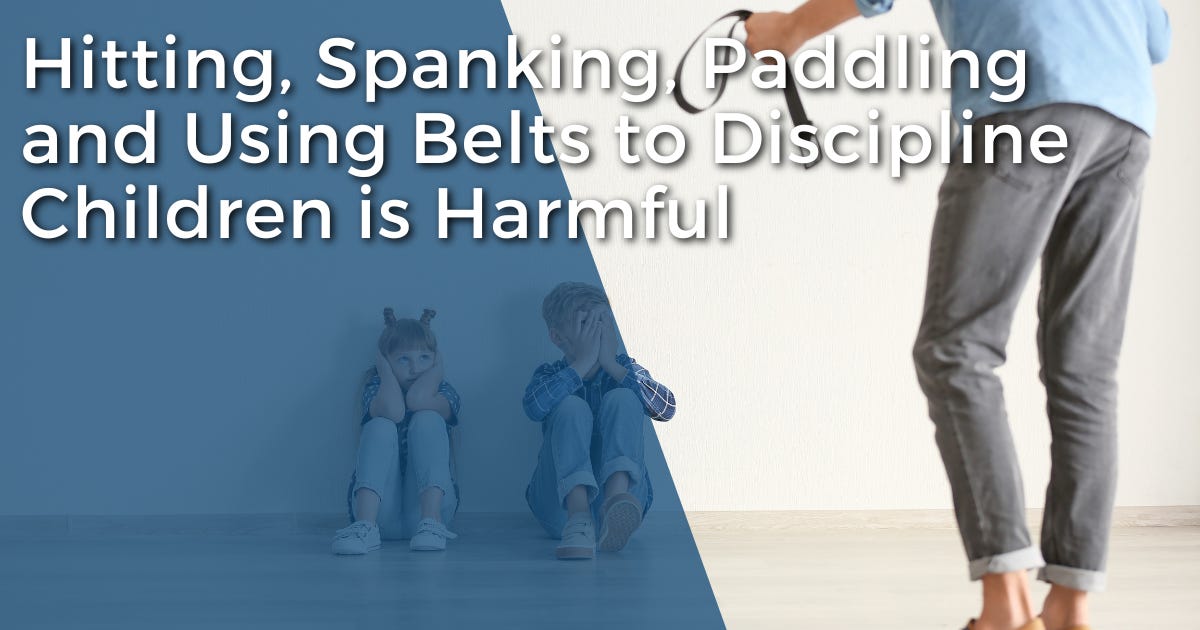Hitting, Spanking, Paddling and Using Belts to Discipline Children is Harmful
In the United States, it is illegal for a prison guard to hit a death row inmate, it is illegal for a military sergeant to hit a private and it is illegal for a man to hit his wife. But, it is legal for an adult to hit a child. In all 50 states, the use of physical punishments on children is legal in the home. In 21 of them, it is still legal to use physical punishment in schools. Children, it seems, are the exception to the rule when it comes to physical assault.
Keep reading with a 7-day free trial
Subscribe to Dr. Steven Hassan to keep reading this post and get 7 days of free access to the full post archives.





